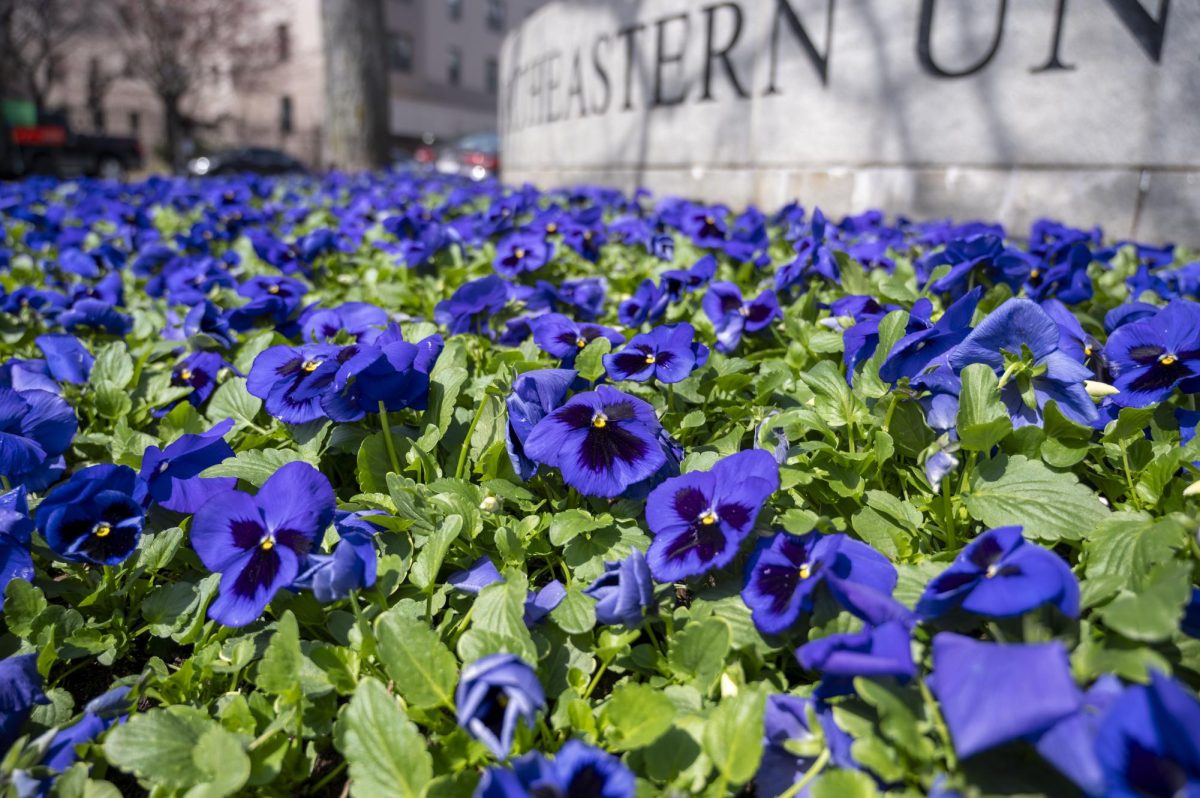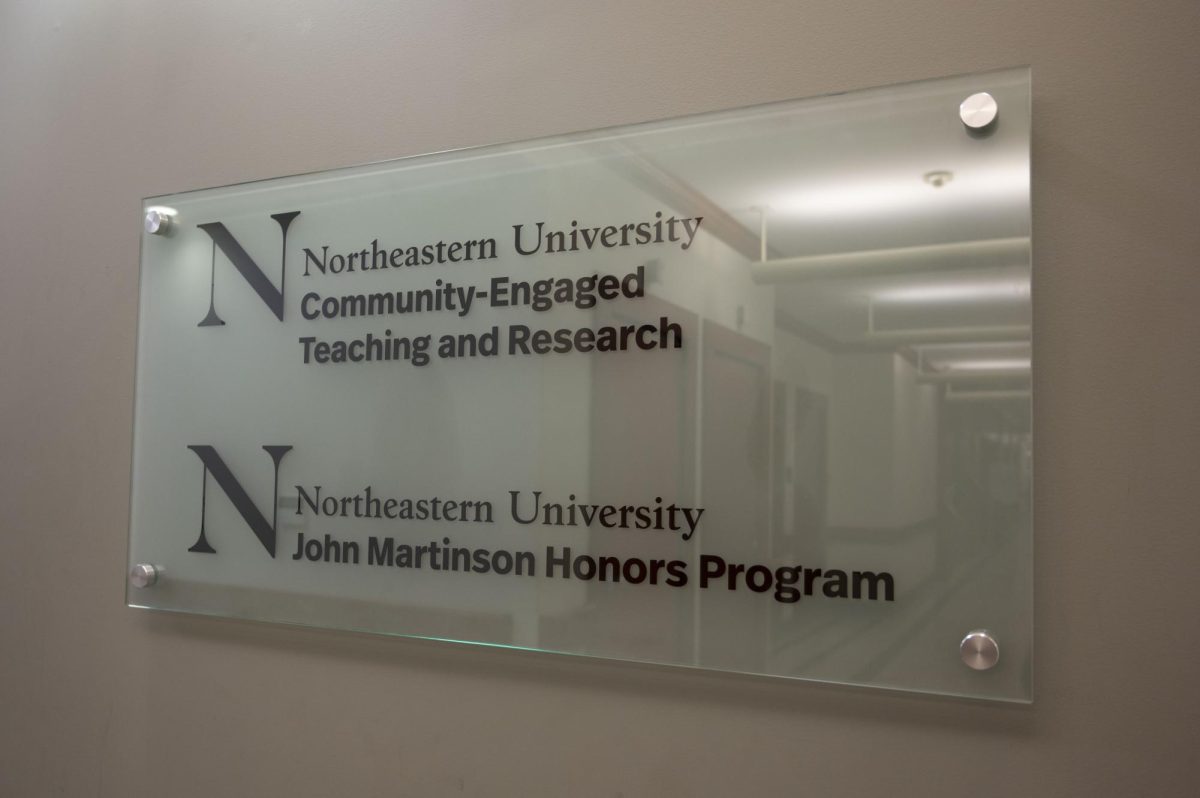When given the opportunity, governments should uphold transparent procedures, especially when dealing with students’ money.
I don’t agree with Ryan Fox’s decision to operate the Student Government Association’s (SGA) Finance Board, formerly named the Budget Review Committee (BRC), behind closed doors.
The Finance Board is a subcommittee of SGA that allocates money to student groups through the $116 Student Activities Fee (SAF) each undergraduate student pays annually as a part of tuition. Eligible student groups must request funding from the Finance Board for campus events. As president of SGA, Fox should maintain the Finance Board’s transparency, like leaders have done before him for at least three years while I have attended Northeastern.
In a Sept. 23 News article, Fox said the Finance Board meetings have always been private gatherings between members and student group leaders. He claimed there is a written agreement to allow reporters to attend the meetings. Rob Ranley, former president of SGA, said he was not aware of such an agreement during his time with SGA.
Fox’s knowledge of this so-called written agreement intrigues me, since I covered the BRC beat for The News during the fall 2008 semester when Rob Ranley was chairman of the committee.
Throughout the semester, I was never made aware of a contract. Neither Ranley nor members of the Finance Board required me to sign an agreement when I attended meetings each week. They saw me take notes during the discussions and even allowed me to keep copies of the student groups’ spending reports that contained event information.
On occasion, I wrote news briefs, also known as Husky Happenings, about the Finance Board’s allocations. The briefs contained short descriptions about upcoming campus events, including the amount of money allocated to student groups.
In last week’s article, Fox said non-Finance Board members aren’t allowed to attend meetings for fear of information leaking to the general student body. I understand the need to keep certain events and performers under the radar. But from what I can tell, the Finance Board operates similarly to how it did in the past, despite the doors now being closed to the public. Why change now?
My role as the beat reporter for the Finance Board wasn’t to reveal secret events and performers. Rather, I attended the meetings as a reporter, acting as a liaison between the student body and our SGA representatives.
My presence at the meetings was never controversial. And if it was, no one ever told me. I would like to believe the members and I had a mutual trust to ensure any confidential information remained classified until the appropriate time for an announcement. If a student group, like the Council for University Programs (CUP), went to the Finance Board with the Springfest concert proposal, I would not have written a brief about details of the funding request. Every student had the opportunity to attend the meetings, whether groups requested funds for small events or larger events like Springfest.
I think The News’ presence at Finance Board meetings is beneficial to the student body. Since I had the opportunity to attend meetings, I covered the controversial discussions between members and students during the Finance Board’s attempt to reform its policies. In October 2008, the Finance Board came under fire for budgeting problems.
Members of at least 15 student organizations called for reform of the budgeting process used by the Finance Board because they believed larger groups, namely fraternities and sororities, received priority funding. Members of the Finance Board met with student leaders multiple times to address the allegations and ultimately presented solutions, all while maintaining a dialogue with student groups.
Members of the Finance Board said they promise to release information after meetings. But all types of government should attempt to remain as transparent as possible. The decision for the Finance Board to operate behind closed doors doesn’t sound transparent to me.
Interestingly enough, members of the Finance Board made allocations available on the SGA website on Monday. Before Monday, however, the allocations had not been updated on the website since March. Perhaps last week’s News article initiated the action to post the allocations. Or, perhaps the members are keeping their promise to make public the information. As the website says, view the allocations as of Sunday, Sept. 26 “to see where your fee has been used.”
So if the allocations are posted, what’s the big deal with having students attend the actual meetings? Students pay the SAF – SGA should not ban them from attending meetings where members discuss and allocate their money.
– Michele Richnick can be reached at [email protected].












